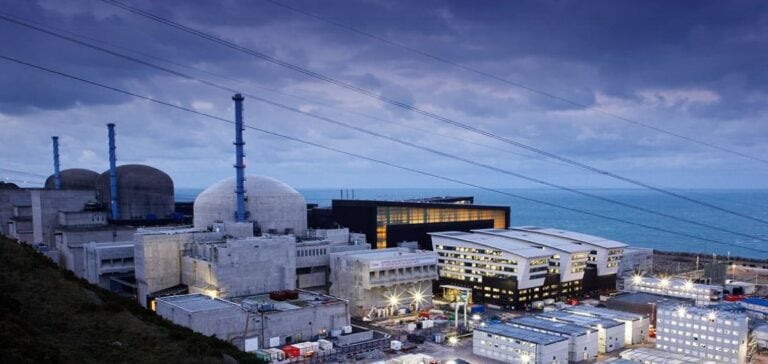EDF recently updated the commissioning schedule for theFlamanville EPR, announcing a first connection to the national grid scheduled for summer 2024. This announcement follows earlier adjustments aimed at a network launch in mid-2024. These changes follow the announcement by the French nuclear safety authority (ASN) that fuel loading would be postponed until mid-April. “The Flamanville 3 EPR is technically ready for commissioning,” said EDF, despite the many delays accumulated on this project.
ASN public consultation
The ASN has launched a public consultation from March 27 to April 17, 2024 concerning the commissioning of the Flamanville 3 EPR. This essential regulatory step raised fears of further delays to the project, which was already marked by cost and schedule overruns. However, EDF remains optimistic, seeing this procedure as a prerequisite for the first loading of nuclear fuel into the reactor in the coming weeks.
Steps to commissioning
After fuel loading, reactor start-up operations will continue, including boiler temperature and pressure build-up, followed by reactor power-up. EDF specifies that, at 25% power, the unit will be connected to the national grid, a crucial milestone in the process of commissioning the Flamanville EPR.
The financial implications of delay
Startup of the EPR will finally take place twelve years late, bringing the total cost of the project to 13.2 billion euros, four times the initial budget. These delays and budget overruns illustrate the challenges facing EDF in the development of 3rd generation reactors (EPR) in France and Europe, against a backdrop of renewed interest in nuclear energy.
Faced with these challenges, EDF aims to deploy EPR reactors on an industrial scale in France and Europe, with a target of “two per year”. This ambitious outlook is being put to the test by historical cost and schedule slippages, as exemplified by the Flamanville EPR. Faced with considerable debt, the group is also at the heart of a relaunched nuclear program in France, planning up to 18 EPR2 reactors, while managing its nuclear projects in the UK.






















